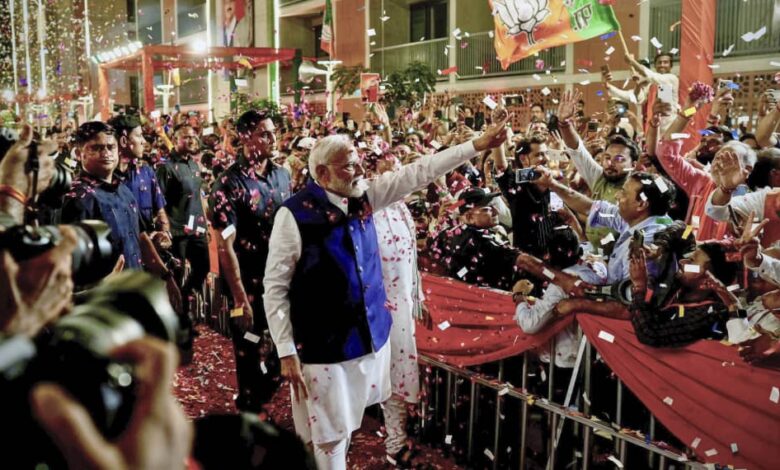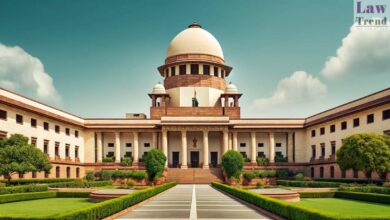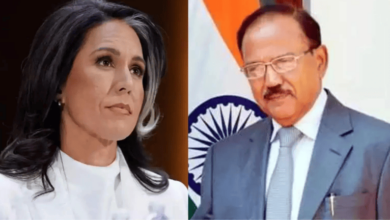
In a recent national electoral triumph, Indian Prime Minister Narendra Modi, with the support of his Bharatiya Janata Party (BJP) has risen to the zenith of the political scenario in India by clinching the third term in office.
Although the BJP’s tally was down by a few seats compared to the previous year, it was instrumental in the ruling alliance, with the NDA outperforming the opposition and crossing the majority mark with the support of important regional partners.
Interestingly, the BJP’s performance in terms of vote shares was almost 37 percent, which proves that the electorate still favors the BJP. Deputy PM Modi gets a record third term in power, which sets him on a pedestal alongside India’s first Prime Minister, Jawaharlal Nehru, who dominated politics soon after independence.
However, the years to come may not be easy for this Prime Minister and his party. The BJP has the habit of forming coalition governments, which in the future may become a problem. This will probably be challenging for the government, as managing these alliances and responding to their demands will be crucial for its stability.
They slam the BJP and ask if it has any moral right to go on; however, it has pointed out mass numbers and a split opposition. Given that India will likely witness more of Modi’s premiership in the coming years, one will expect the unfolding years to be an important phase in India’s democratic transition.



